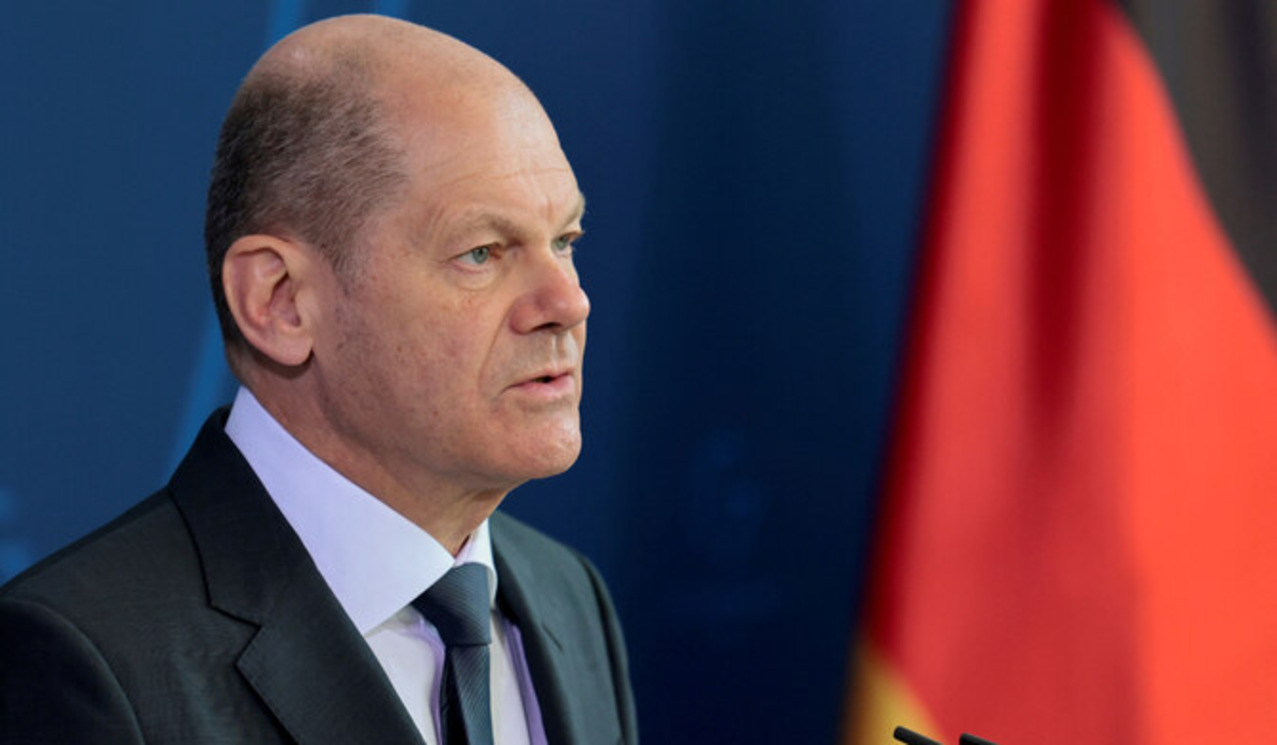Germany heads to the polls on Sunday for a pivotal federal election, where immigration and economic challenges have taken center stage. The campaign has been brief but fierce, marked by increasing calls for political change.
Friedrich Merz, the conservative Christian Democratic Union (CDU) candidate, has led the charge, critiquing the current government for its handling of the economy. He argues that under Chancellor Olaf Scholz, Germany’s economy has significantly faltered. Merz claims that the country is in a recession for a third consecutive year, a historic first since the post-war era. “The economy is shrinking,” he said, blaming a government mishandling that has driven businesses overseas.
Polling trends suggest a grim future for the Social Democrats (SPD), who face their worst result since World War II, with some projections placing their support below 20%. Scholz, once considered a stabilizing force, could become the shortest-serving SPD chancellor in modern history. Meanwhile, the far-right Alternative for Germany (AfD) is expected to double its share to around 20%, positioning itself as a key political player.
The rise of the AfD is partly attributed to economic discontent, but also to the issue of immigration. Merz, having capitalized on a deadly attack by a rejected Afghan asylum seeker, has pushed for stricter asylum policies, finding reluctant support from the AfD. This controversial move has further stirred tensions within the German political landscape.
The election has deepened divisions, with accusations from Scholz and the SPD suggesting potential collaboration between the CDU and AfD. Merz has repeatedly denied this, stressing the CDU/CSU’s firm stance against cooperation with the far-right.
The Path Forward: Coalition Complexity Germany’s proportional election system favors coalition governments, meaning no single party can govern alone. The CDU/CSU will need to secure at least one coalition partner to pass laws and form a majority. This makes post-election negotiations crucial, with potential partners including the SPD, Greens, and the FDP. However, reconciling their diverse agendas will be no small task.
Alice Weidel, AfD’s top candidate, remains undeterred by the isolation of her party, claiming that the “political turnaround” is inevitable, despite a lack of formal support. With a potential rise in the AfD’s influence, Merz warns that the next government will be crucial in combating growing right-wing populism. If the CDU cannot unite the center-right, he predicts the country could face even greater challenges ahead.
As the election looms, Germany’s future is in the balance, with voters facing a stark choice between economic reform, stricter immigration policies, and political stability—or deeper divisions and potential extremism.
Sources:
- Friedrich Merz’s remarks on the economy (via campaign speeches)
- Polling data from German political analysts


